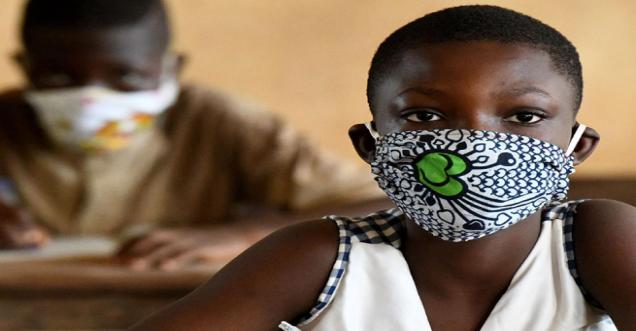
Did CDC Report Link Developmental Disabilities In Children With 201921 Pandemic Masking
Yes, a CDC report published in March 2023 found a link between developmental disabilities in children and the COVID-19 pandemic, including masking. The report found that the prevalence of developmental disabilities in children aged 3-17 increased from 7.4% in 2019 to 8.5% in 2021. This represents a 17% increase.
The report also found that boys were more likely than girls to have a developmental disability and that younger children were more likely to be diagnosed with a developmental disability. Boys were also more likely than girls to be diagnosed with intellectual disability.
The report did not specifically identify masking as a cause of the increase in developmental disabilities. However, the report's authors noted that masking can make it more difficult for young children to learn and communicate. They also noted that masking can lead to social isolation and hurt child development.
It is important to note that the CDC report is just one study, and more research is needed to confirm the link between developmental disabilities and the COVID-19 pandemic, including masking. However, the report's findings suggest that it is important to be aware of the potential risks of masking for young children and take steps to mitigate them.
Here are some tips for mitigating the potential risks of masking for young children:
- Use clear face masks that allow children to see facial expressions.
- Take breaks from masking, especially when children are indoors or engaged in activities that require a lot of communication.
- Talk to children about the importance of masking and why it is necessary.
- Be patient and understanding, and recognize that it may take some time for children to adjust to masking.
If you are concerned about the impact of masking on your child's development, talk to your paediatrician. They can help you assess the risks and benefits of masking for your child and guide you on mitigating the potential risks.
Masking can have both positive and negative impacts on your child's development.
Positive impacts:
- Masking can help to protect your child from COVID-19 and other respiratory illnesses.
- Masking can help to teach your child about the importance of public health and safety.
- Masking can help to create a sense of community and belonging during the pandemic.
Negative impacts:
- Masking can make it more difficult for your child to learn and communicate, especially in the early years.
- Masking can lead to social isolation, which can hurt child development.
- Masking can cause discomfort and anxiety in some children.
It is essential to weigh the risks and benefits of masking for your child and to make a decision that is best for your family. If you are concerned about the impact of masking on your child's development, talk to your paediatrician. They can help you assess the risks and benefits of masking for your child and guide you on mitigating the potential risks.
Here are some tips for mitigating the potential risks of masking for young children:
- Use clear face masks that allow children to see facial expressions.
- Take breaks from masking, especially when children are indoors or engaged in activities that require a lot of communication.
- Talk to children about the importance of masking and why it is necessary.
- Be patient and understanding, and recognize that it may take some time for children to adjust to masking.
If you decide that masking is suitable for your child, here are some tips for making the experience more comfortable and positive:
- Let your child choose their mask.
- Make masking fun by playing games or singing songs while wearing masks.
- Encourage your child to take breaks from masking when they need to.
- Praise your child for wearing their mask.
Knowing the signs your child may struggle with masking is also important. These signs can include:
- Difficulty communicating
- Anxiety or distress
- Increased social isolation
- Physical discomfort
Talk to your paediatrician if you see any of these signs in your child. They can help you to develop strategies for mitigating the negative impacts of masking on your child's development.


















